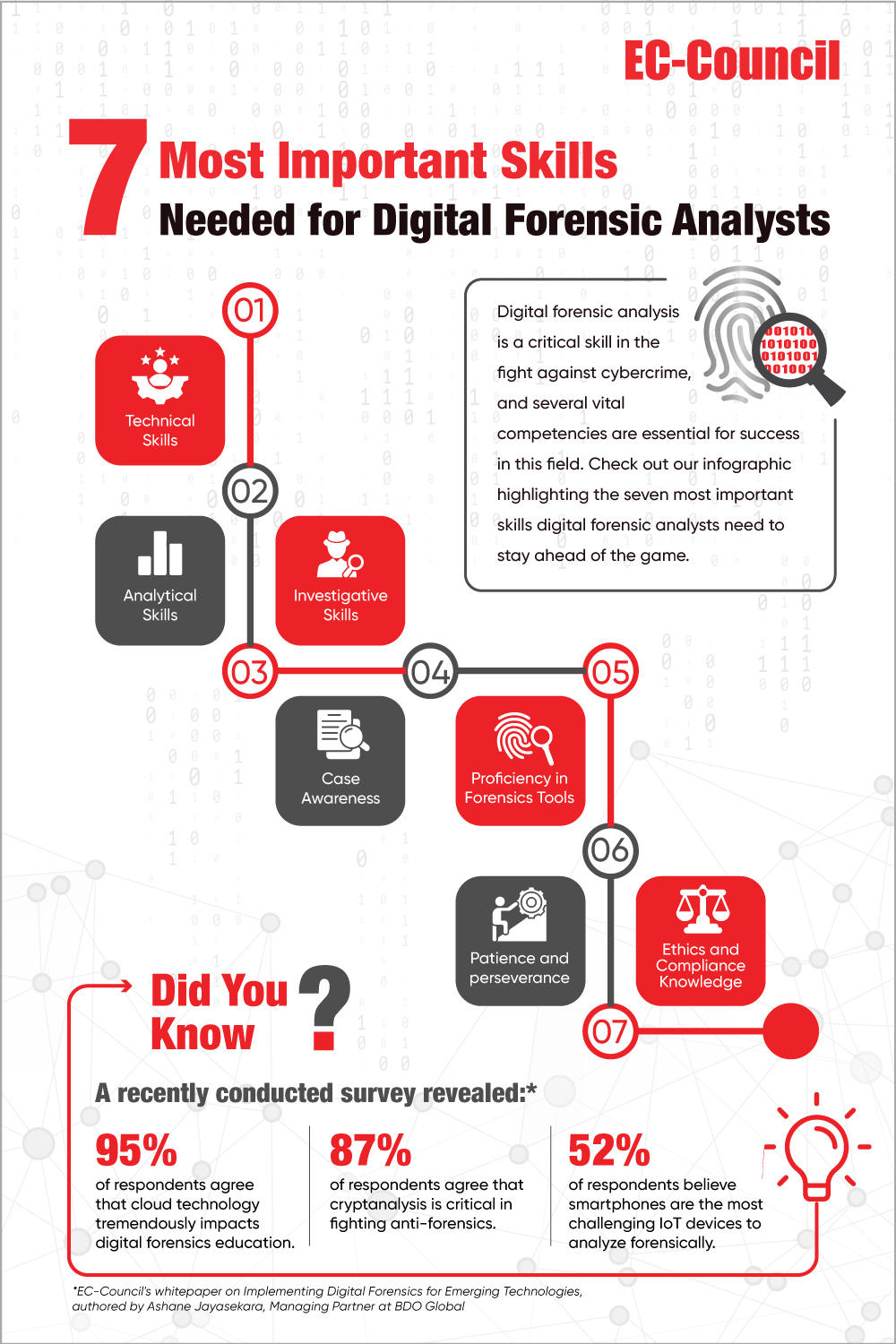Implementing Digital Forensics for Emerging Technologies

The whitepaper provides valuable insights into the different approaches and techniques used in digital forensics, including artificial intelligence, machine learning, and blockchain technology. For example, the blockchain’s decentralized nature poses challenges in identifying and tracking malicious activities. It also highlights the importance of collaboration and knowledge-sharing among digital forensics professionals to keep up with technological advancements.
Moreover, the whitepaper analyzes the legal and ethical considerations surrounding digital forensics in emerging technologies, such as balancing the need for investigative powers with protecting individual rights. It also emphasizes the importance of ongoing forensic plan monitoring, testing, and updating to ensure its effectiveness. It further discusses the implications of privacy laws such as the General Data Protection Regulation (GDPR) and the California Consumer Privacy Act (CCPA) on digital forensics investigations.
The whitepaper is a valuable resource for digital forensics professionals, law enforcement agencies, and legal practitioners. It provides an in-depth analysis of the challenges and opportunities presented by emerging technologies and highlights the importance of adopting a proactive approach to digital forensics. With the rapid pace of technological innovation, it is essential to have a comprehensive understanding of digital forensics to stay ahead of cybercriminals.
In conclusion, this whitepaper is a must-read for anyone involved in digital forensics or cybersecurity. It provides a detailed analysis of the challenges and opportunities posed by emerging technologies and offers a practical framework for implementing digital forensics effectively. To access the full whitepaper and learn more about digital forensics for emerging technologies, submit your details in the form below.









